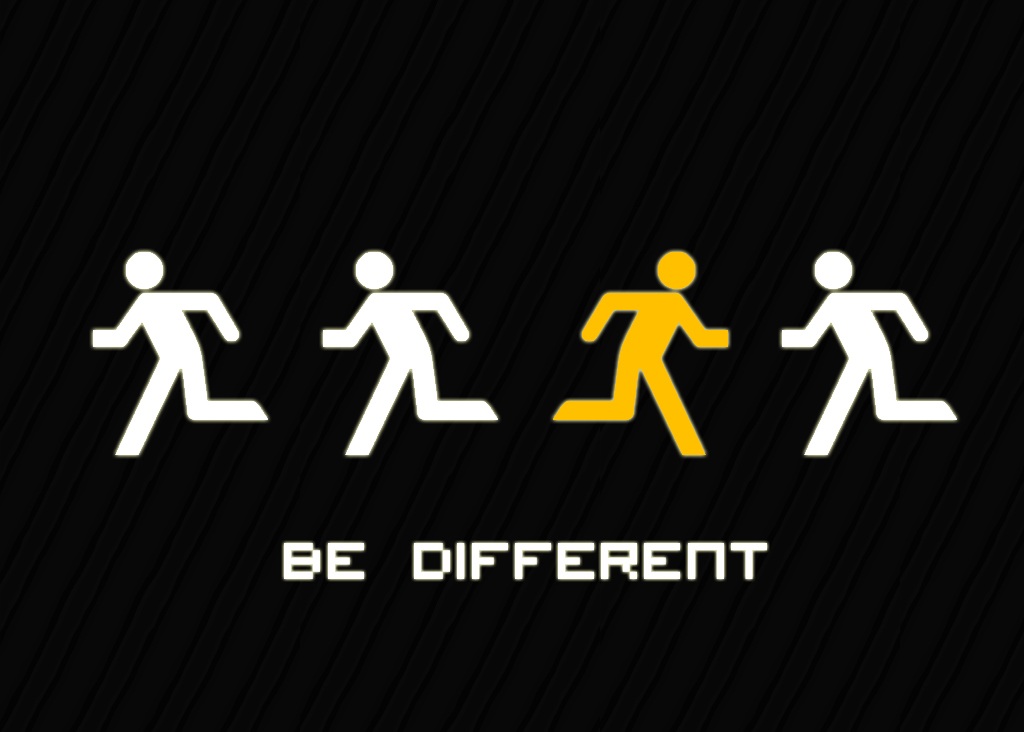Entrepreneurs get used to uncertainty because they see no other alternative. “You are made that way; you do not know how to do it otherwise,” says Sonal Jindal. Sonal Jindal is an Indian businesswoman who is active in the MSME sector of Indian business. She was given the “Excellence in Entrepreneurship” Award by the Indian Council for UN Relations in 2016. She runs a successful venture in the fashion industry and is involved in the cause of women empowerment.
Entrepreneurial innovation isn’t for everyone. A startup is often a roller coaster ride with highs and lows and unexpected drops. It takes quite a bit of energy and enthusiasm to bear the unknowns, and quite a bit of commitment and dedication to forgo some of the insurances that come from working for a big company. Over the last decade, technology and entrepreneurship have emerged as key drivers of vigorous economic growth.
The prospects of significant returns from commercializing innovative technologies and exploiting new markets encouraged would-be entrepreneurs to start up thousands of new companies. Unfortunately, there isn’t a crystal ball to help you predict the future because there are certain factors that are completely out of your control. Instead of trying to guess what’s going to happen next, place as many small bets as you can on multiple outcomes that are within your control. This could be anything from illness to a natural disaster to a changing political system.
We are meant to grow and become more as people, and growth is always, always, always preceded by something novel and uncomfortable. You cannot evolve without new and challenging experiences. You know that expression, “If you do what you’ve always done, you’ll get what you’ve always gotten”? It’s true.
Many entrepreneurs escape the curse of knowledge, because they don’t accept the notion that the past limits the promise of the future. Trying to create something new that no one else has done before takes guts. If you do decide to take the entrepreneurial leap, take comfort in the fact that millions have come before you and gone for the ride. To create something new that has value to others.

Getting More Exposure
First of all, the established social norms will have difficulties withstanding the test of time. Due to the present situation when an increasing number of people are finding themselves out of their jobs, routines and perception are bound to change.
The most obvious examples are stay-at-home mothers who have switched their role with their significant others, who have lost their jobs because they can find employment faster. This holds especially true for certain professions that are in short supply due to the crisis.
Visibility
During uncertainty, customers, staff, and stakeholders panic. To get the trust of all these people, entrepreneurs must be visible, especially to their major customers.
Focusing on Meaningful Tasks
Startups are a high-risk environment where more gambles go to waste rather than pay off. It is a stressful setting and calls for strength of both will and mind, both of which seem to be the main stressors for female entrepreneurs.
Focus
The crises in the market must not distract entrepreneurs from their core missions. Entrepreneurs should focus on what they can control: building their businesses. Headlines must not overtake strategy sessions.
Boosting Productivity
Given that work-from-home is less novel to many nowadays, with the rise of the gig economy and digital nomads, getting to terms with the situation is the first natural step to take. To boost productivity, many have turned to daily online meetings. Not only does the practice help cope with the stressful situation, but it also keeps tasks in line with ease.


